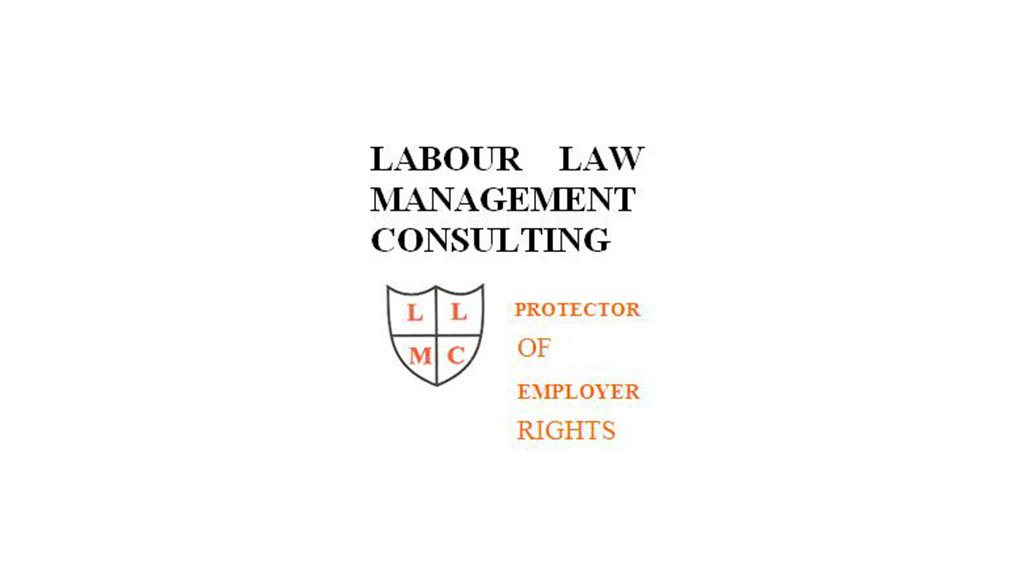I often receive calls from angry employers who, having been certain of success at arbitration, have received notice that they have lost the case. The reasons that this might happen include amongst others:
- The case of the employer concerned was weak without him/her realizing it
- The employer’s case was strong but he/she failed to present it in an understandable and/or convincing manner
- The employer presented a strong case in a proper manner but the arbitrator nevertheless failed to make a decision properly based on the case put forward.
It is the third of these three reasons that is unfair to the employer. However, in such a case the disappointed party has the right to challenge the arbitrator via a review at the Labour Court on the grounds that, amongst others, the arbitrator took a bribe, was biased, ignored pertinent evidence or failed to arrive at a properly reasoned award.
An article by Wayne Hutchinson cites the case of Crown Chickens vs Kapp (May 2007, CLL page 107) in which the Court found that the award of an arbitrator:
- must not be arbitrary
- must be arrived at by a reasoning process as opposed to conjecture, fantasy, guesswork or hallucination
- must have applied his mind seriously to the issues at hand
- must have conclusions that are justifiable and defensible and logical.
In another case cited by Hutchinson the Court found that “…the Promotion of Administrative Justice Act (PAJA) applied to CCMA arbitration proceedings.” and that “the PAJA was enacted in order to give effect to the right to administrative action that is lawful, reasonable and procedurally fair.”
The arbitrator must not only have logical and legal reasons for his/her decisions but must also give these reasons at the time of rendering the decisions because:
- The parties have the right to know why the arbitrator has found against them so they can decide whether and how to challenge the arbitrator’s decision.
- This requirement deters the making of faulty decisions by arbitrators. That is, an arbitrator who has to explain his actions will be less likely to ignore or misconstrue relevant evidence and to make bad decisions.
The comprehensive furnishing of reasons by the arbitrator enables anyone questioning the decision to better assess whether the arbitrator has:
- Considered all serious objections to and all alternatives tothe decision he/she has made
- Provided a rational connection between the facts of the case and the decision.
- The significance of this for employers is that they must:
- themselves have good reason when acting against employees
- provide their good reasons clearly and comprehensively to the arbitrator when called to CCMA hearings.
This will pave the way for the arbitrator to accept the employer’s reasoning and to follow the same line of reasoning as did the employer. In this way the employer aids the arbitrator to find in its favour.
The above approach requires of employers that they insist on managerial decisions to be made unemotively, rationally and in line with the law by managers who have been trained labour law and decision making.
Written by lvan lsraelstam, Chief Executive of Labour Law Management Consulting. He may be contacted on (011) 888-7944 or 0828522973 or via e-mail address: ivan@labourlawadvice.co.za.
EMAIL THIS ARTICLE SAVE THIS ARTICLE ARTICLE ENQUIRY
To subscribe email subscriptions@creamermedia.co.za or click here
To advertise email advertising@creamermedia.co.za or click here











